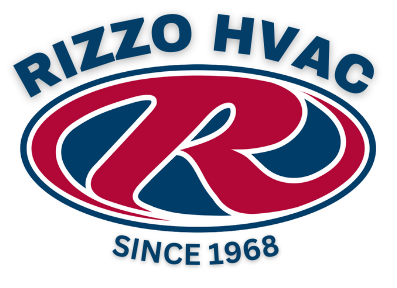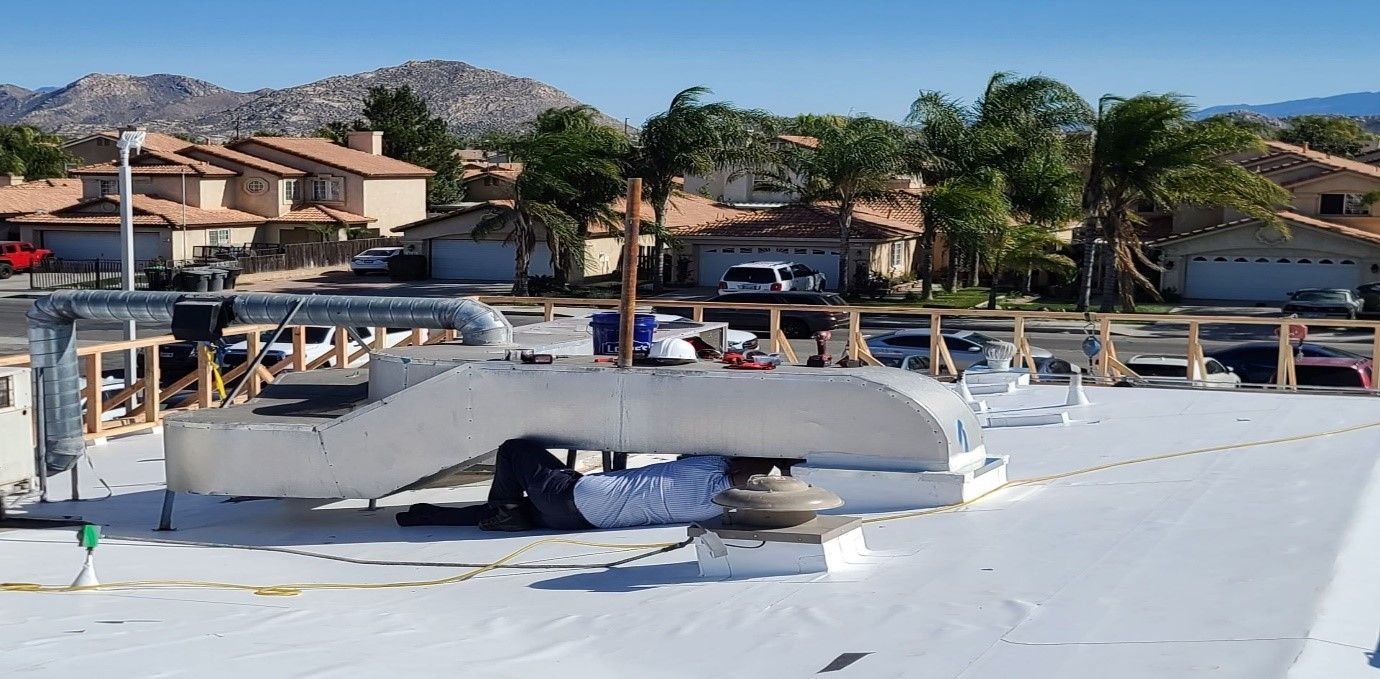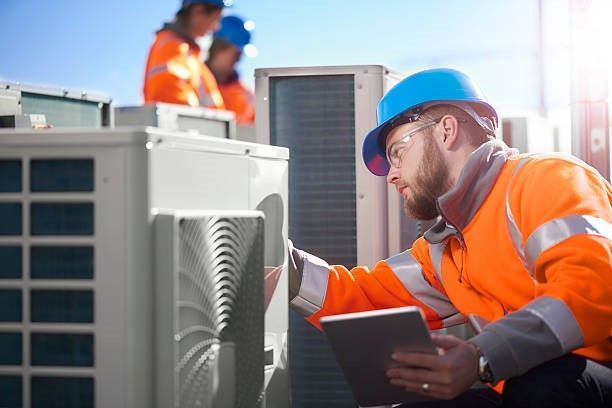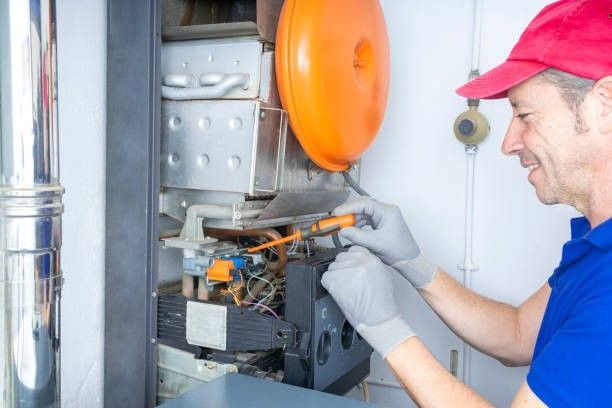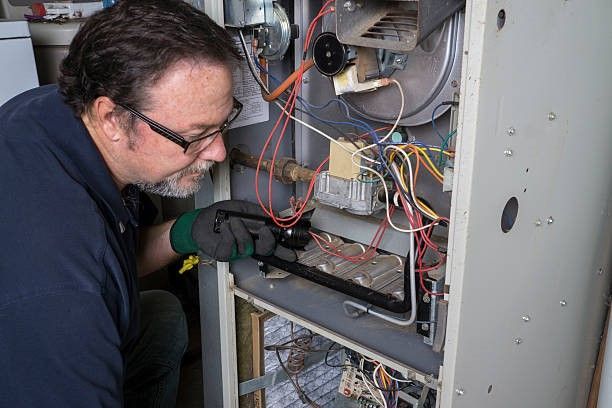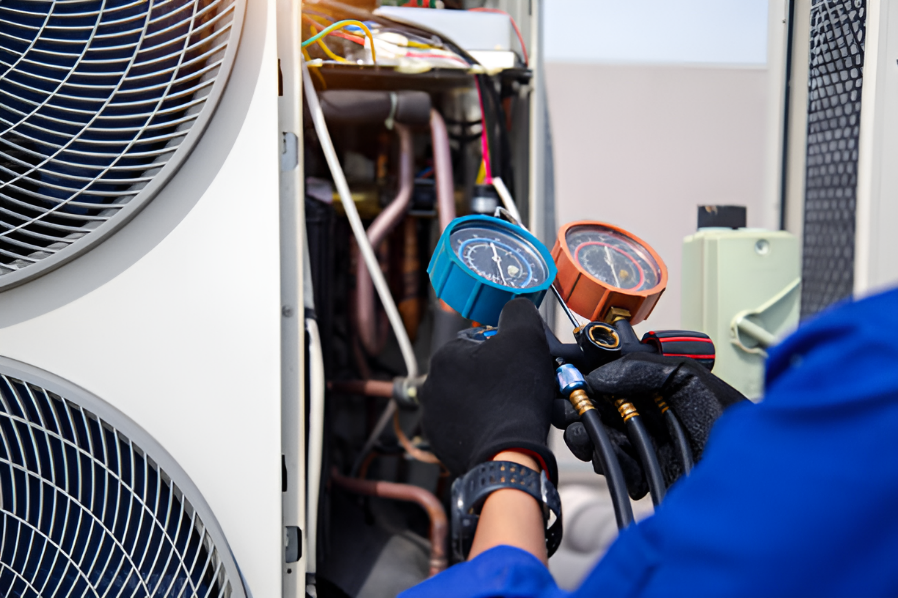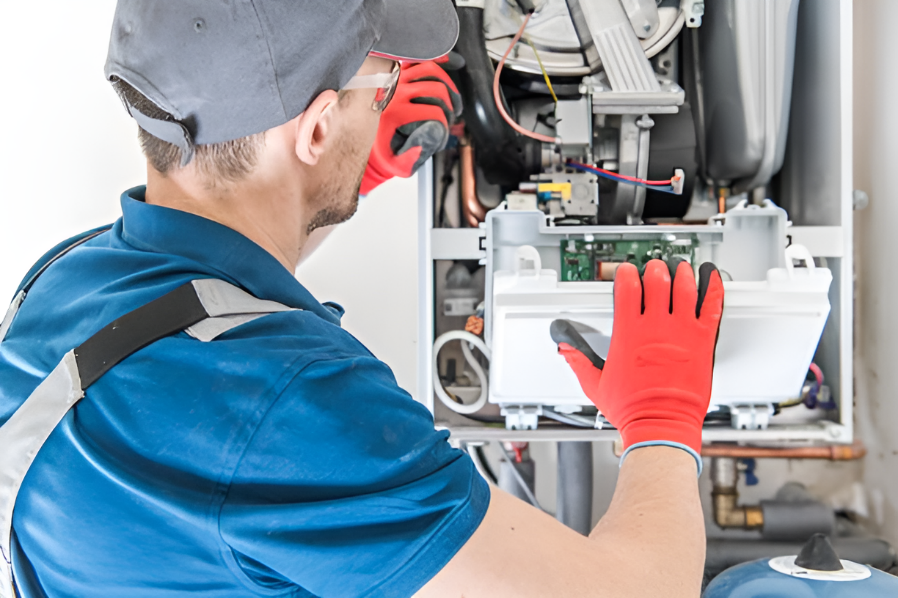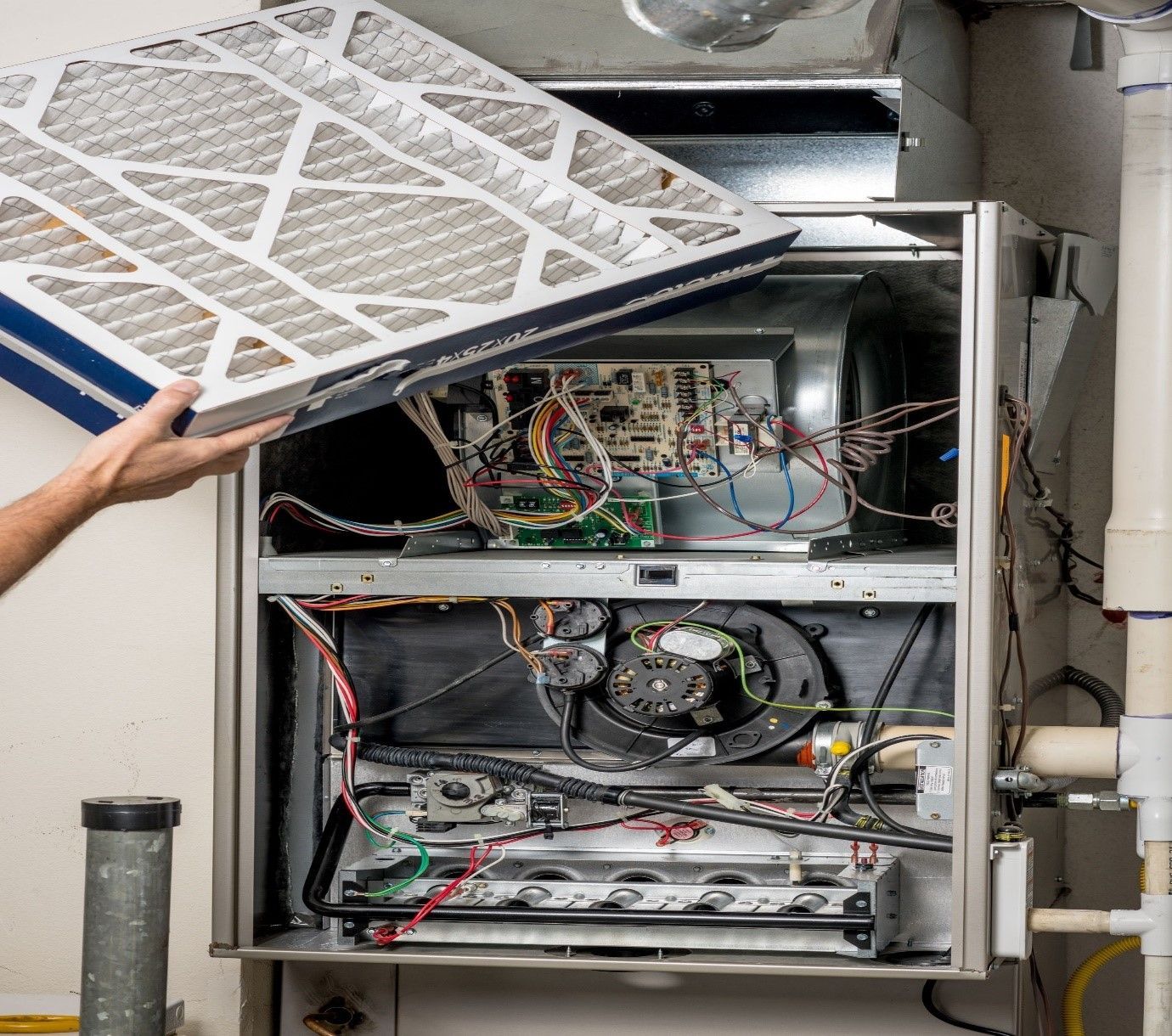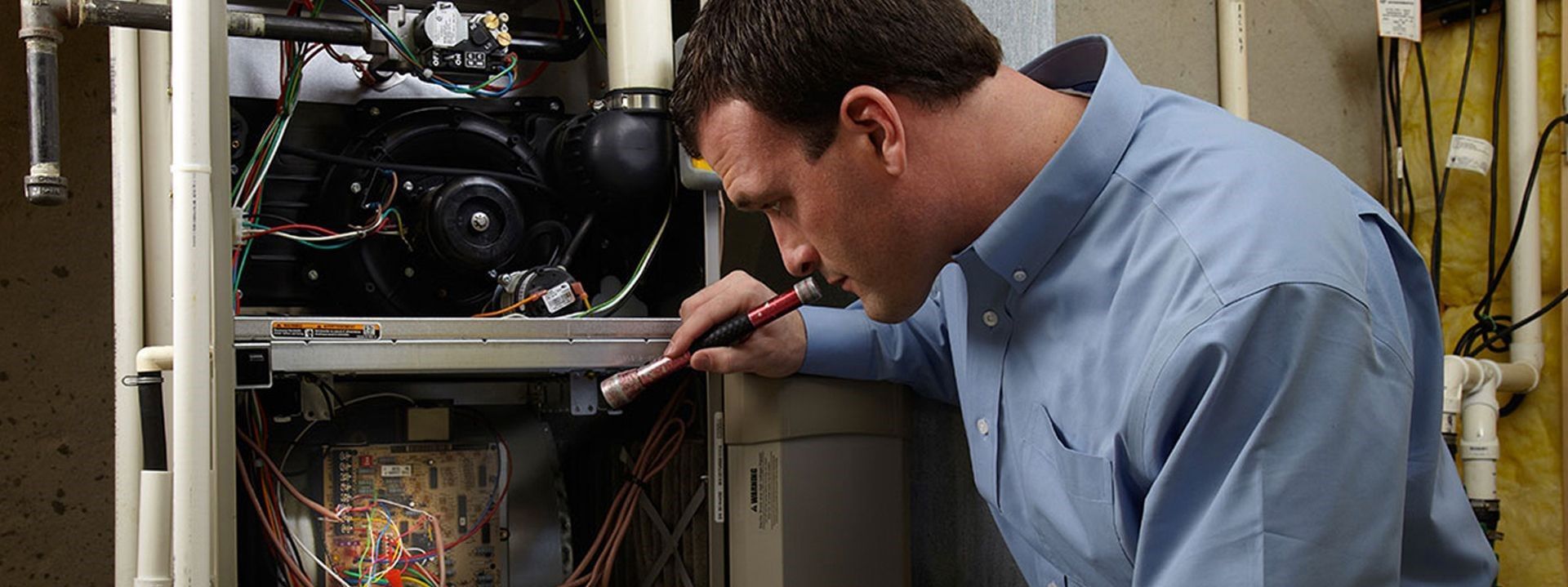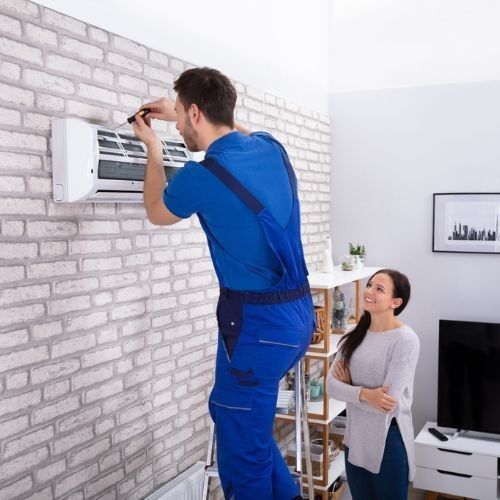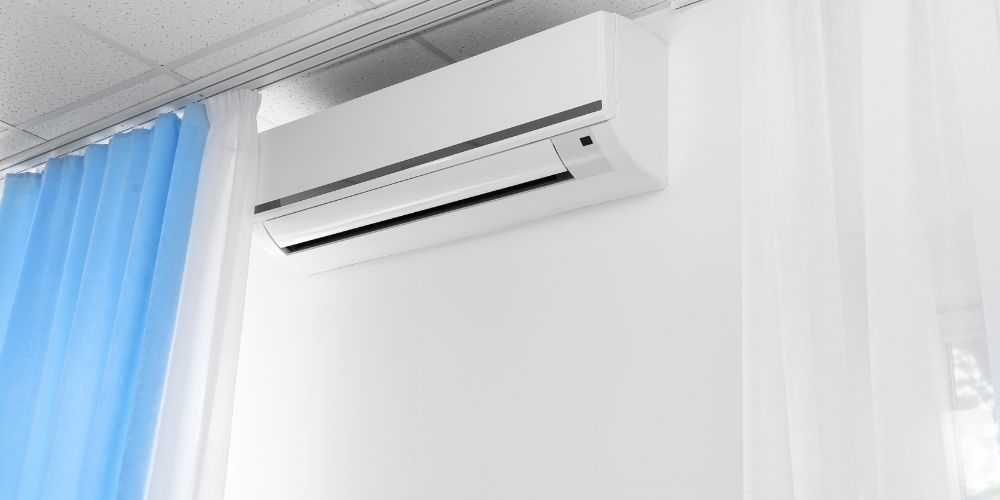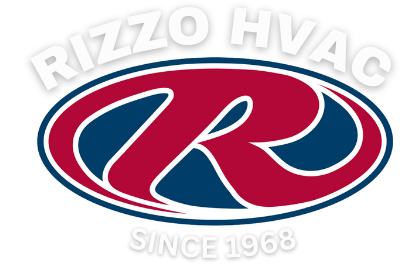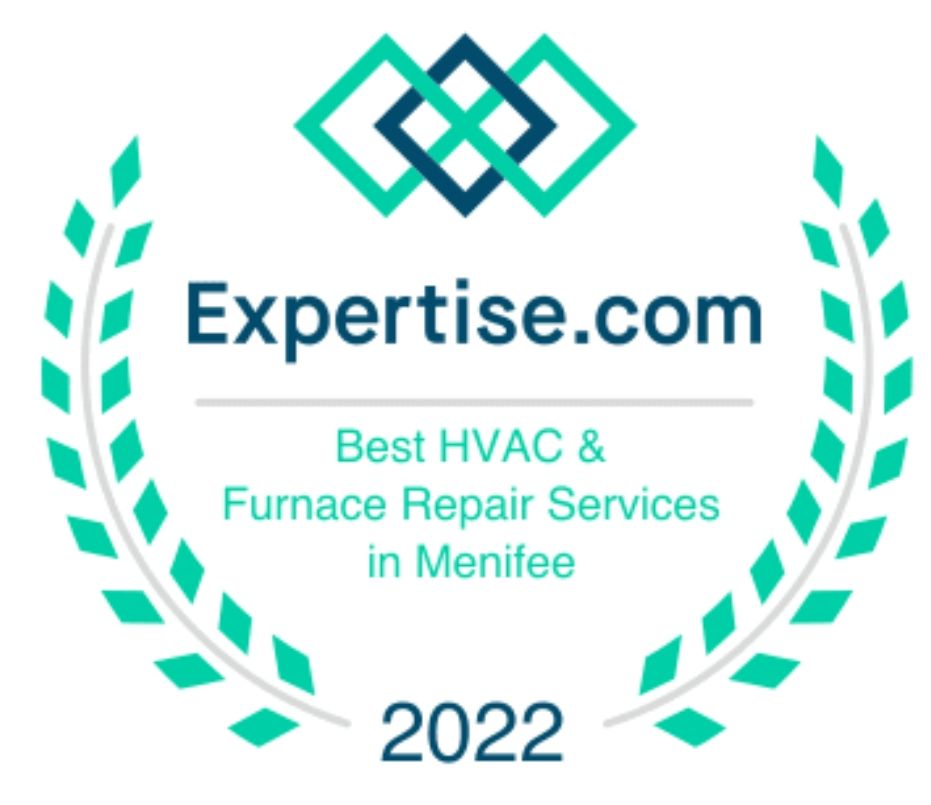6 HVAC Maintenance Tips To Prevent Costly Repair
As a year-round necessity, HVAC systems are vital to making our lives easier on a grand scale. No matter if you are in need of cool relief from a blazing hot day, or you need comfortable heat that will keep you warm during the winter, the HVAC system is something you should not take for granted.
One of the most important key factors you can do is remember that the HVAC should always be in a top state, so there are no performance issues. Of course, the only way to monitor its condition is through regular maintenance. Below are some of the most common tips, which will extend your HVAC system.
Change the Air Filter
Let's start with the most obvious one. The best thing you can do as part of your HVAC maintenance is to consistently change the air filter. Changing the filter every 4-6 weeks will extend your system’s life for quite some time by protecting it (and your home environment) from dust and other particles. Plus, as the filters are inexpensive, you can purchase a few at a time from almost any hardware store and keep them around to swap them when needed.
Keep the Outdoor Unit Clean
Also, making sure the area around the indoor HVAC unit is clear will improve not just the air quality but also the overall safety. If the surface area around the unit is cluttered, then it will cause extra dust to fall into the system. This is not only bad for the HVAC system, but for your health as well. Additionally, clutter reduces the air circulation in that area, once again affecting the system's efficiency. Finally, clutter is also a trip and fire hazard, making it much harder for proper HVAC maintenance.
Schedule Regular Maintenance
Likewise, keeping up with the maintenance will ensure the system works efficiently; plus, you prevent possible unexpected breakdowns. During these checkups, the HVAC technicians will inspect, service, and troubleshoot the system if needed. They do a range of checks, starting with thermostat calibration, then moving on to lubricating moving parts, and tightening electrical connections. They also check the condensate drain, system controls, blower components, evaporator and condenser coils, refrigerant charge, and fuel line connections. As a wrap-up, they inspect the burner combustion, gas pressure, and heat exchanger.
Monitor Thermostat Settings
If we start going into a little more detail, checking the thermostat is another step you can do to keep your heating and cooling system undamaged. Without it, the HVAC will not be able to maintain the required temperature in your home. So, a handy option is investing in a programmable thermostat. While its price is slightly higher compared to the regular one, you’ll experience fewer fluctuations in temperature while saving energy.
Check Ductwork for Leaks
And when doing the filter change (which as mentioned above should be every 4-6 weeks), you should do a visual inspection of the surrounding space. If done regularly and properly, you will catch the problems as they happen, especially if you encounter any dust or dirt accumulations where the filter goes.
Also, check both the inside and outside unit, condensate system, ductwork, filter access, etc. Anywhere you notice there is debris or cluster, clean it up. These things pile up, so a thorough cleaning during these routines will benefit you greatly.
Keep Vents and Registers Clean
For the last part, we would suggest that you keep an eye on the air registers. If the air registers start to close, the air can't be effectively distributed. This is crucial when extreme temperatures are on. Plus, without proper work, energy costs are up, the pressure load is increased, and the conditioners work double-time. Clear the air registers, and you will thank yourself later.
In conclusion, proper HVAC maintenance is crucial to prevent costly repairs and ensure the efficient performance of your system. Changing the air filter regularly, keeping the outdoor unit clean, scheduling regular maintenance with HVAC technicians, monitoring thermostat settings, checking for ductwork leaks, and keeping vents and registers clean are all important steps to extend the lifespan of your HVAC system. Investing in a programmable thermostat can also help save energy and minimize temperature fluctuations. Regular inspections and cleaning of the system will catch potential issues early on, preventing them from turning into costly repairs. By following these HVAC maintenance tips, you can ensure that your system operates at its best, providing you with comfort and peace of mind throughout the year. Trust Rizzo HVAC for all your HVAC maintenance needs and keep your system running smoothly for years to come.
